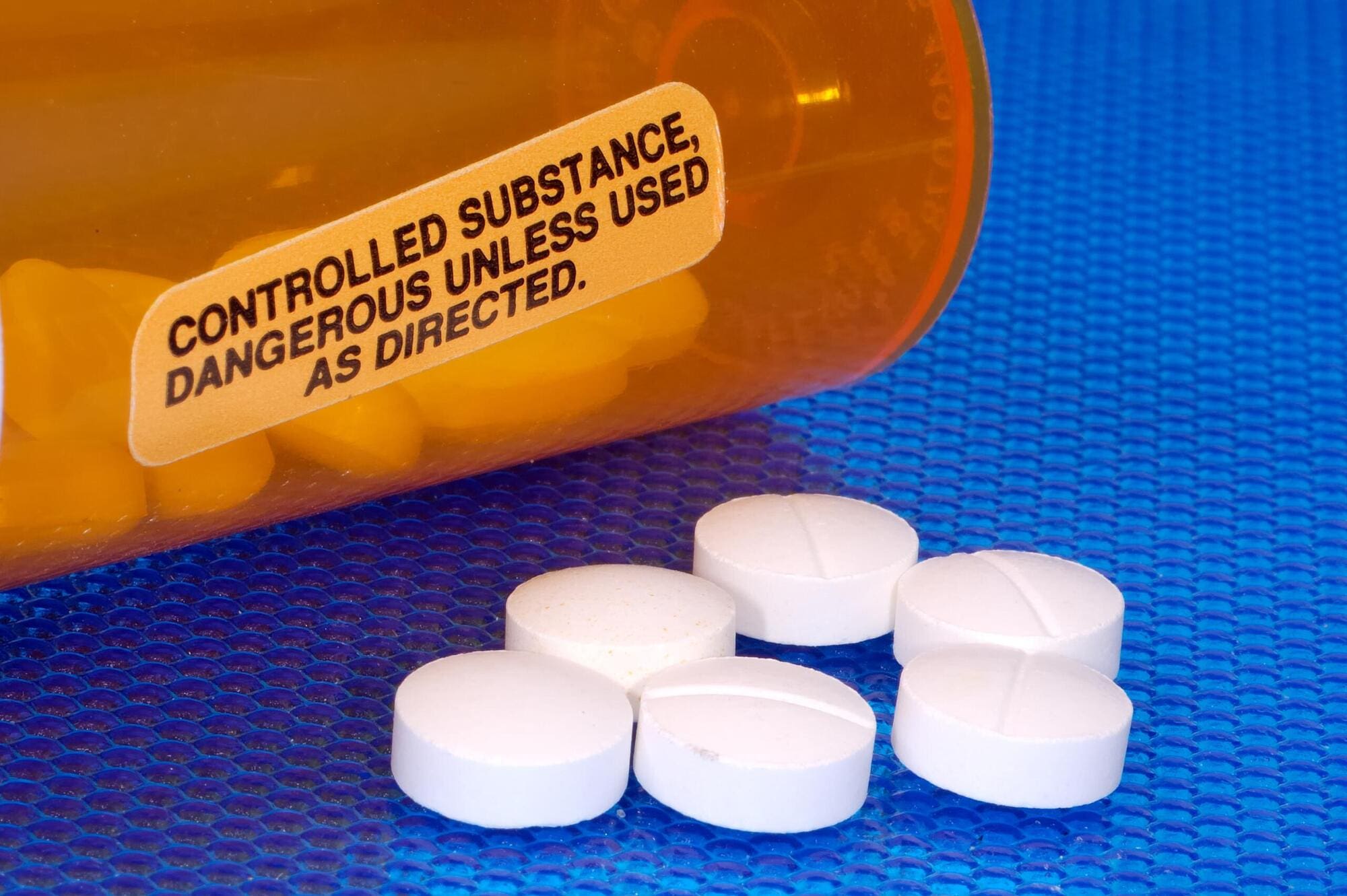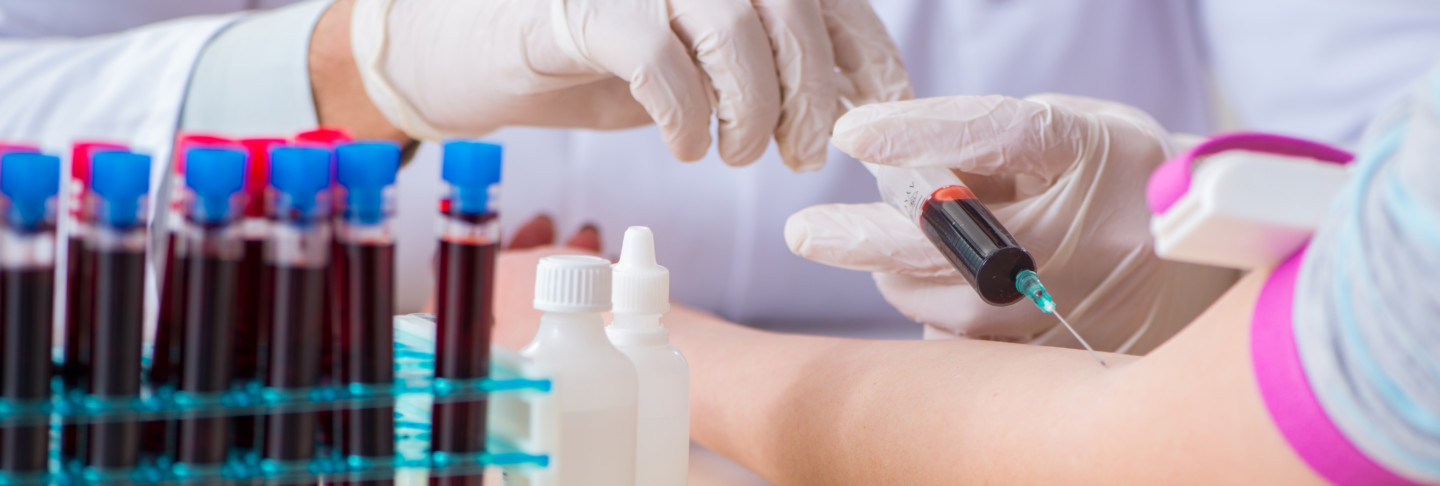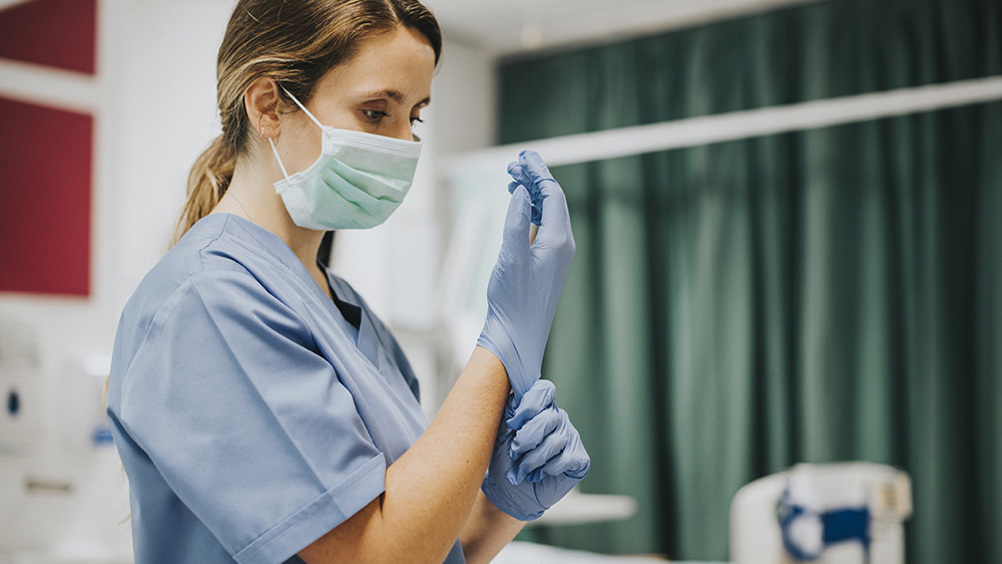Can Controlled Substance Be Discarded In The Regulated Medical Waste Box? The Answer Is No!
Expert Solutions From Secure Waste On Handling Controlled Substances In Healthcare
We frequently receive the question: Can controlled substance pharmaceuticals be discarded with general medical waste? The short answer is a resounding no! It is essential to recognize that specialized handling processes are already in place, specifically designed to dispose of controlled substances and non-hazardous and hazardous pharmaceuticals safely. These processes are in addition to the standard protocols for managing regular medical waste and properly disposing sharps and needle waste. Ensuring the correct disposal methods comply with regulations and protect public health and the environment.
Controlled substances are prescription medications that carry a significant potential for abuse or addiction, leading governments to implement strict regulations due to their psychoactive effects and potential risks. These drugs are meticulously categorized into schedules that reflect their likelihood of abuse, their accepted medical uses, and their potential for physical or psychological dependency.
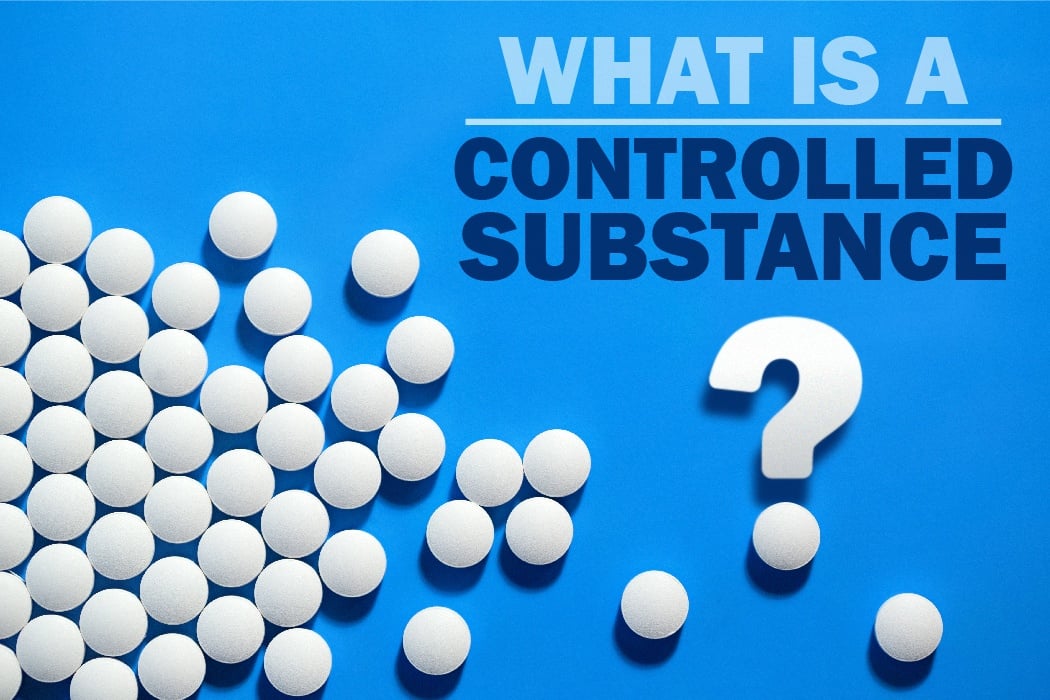
Secure Waste Explains Controlled Substances In Detail
Regulation: Governments enforce regulations on controlled substances to mitigate risks of misuse and to deter abuse, while simultaneously ensuring that patients with legitimate medical needs can access these vital medications.
Scheduling: The Controlled Substances Act (CSA) serves as the primary framework for classifying these substances in the United States. The CSA organizes drugs into five distinct schedules, with Schedule I representing substances with the highest potential for abuse and no recognized medical value. Schedule I overlaps with Schedule V, which encompasses substances deemed to have a lower potential for abuse and recognized medical uses.
Examples: Common examples of controlled substances encompass a variety of medication types, including potent opioids, stimulating agents used for ADHD, and specific sedatives that are prescribed for anxiety and sleep disorders.
Medical Use: Despite their potential for misuse, many controlled substances play a crucial role in healthcare. Healthcare professionals frequently prescribe them for legitimate therapeutic purposes, such as pain management, treatment of attention deficit hyperactivity disorder (ADHD), and addressing other severe medical conditions.
Abuse Potential: The significant risk of addiction and misuse not only influences the classification of these substances but also underscores the importance of responsible prescribing practices and monitoring to safeguard public health.
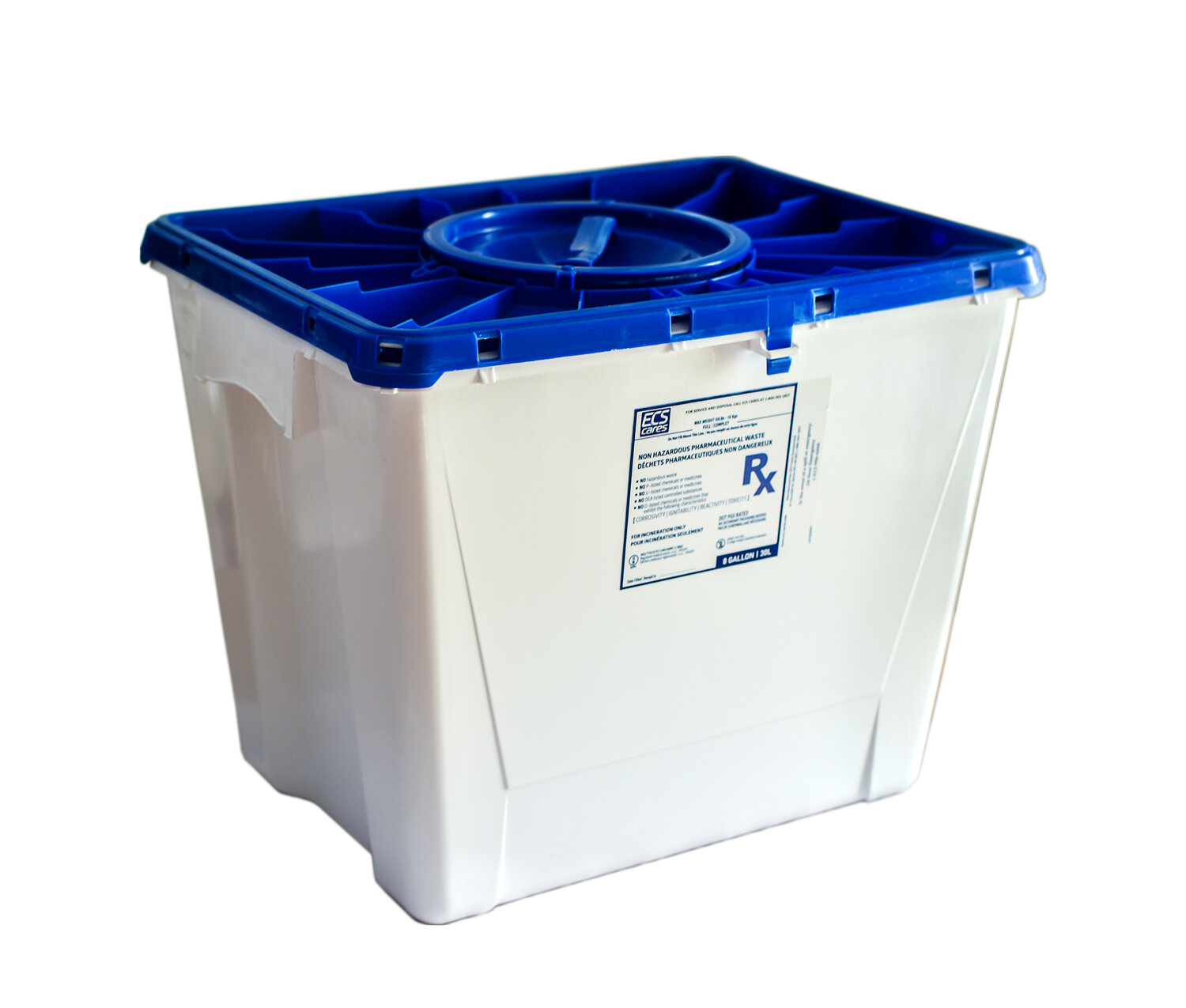
Secure Waste Shares Companies Who Dispose Of Controlled Substances Here
Secure Waste Review Of Medical Waste, Sharps Containers And Pharmaceutical Disposal
Medical Waste Disposal: Let’s start with the basics. Most likely, your office is equipped with a designated box or tub specifically for medical waste, alongside approved sharps containers. These containers are the final repository for all biohazard medical waste and sharps. It is crucial to remember that controlled substances must never be placed in this box or tub. Furthermore, neither hazardous nor non-hazardous pharmaceuticals should be disposed of in this medical waste container.
Sharps Containers: All sharp items, such as needles, blades, and other sharp instruments, should be disposed of in an approved sharps container. Please ensure these containers are securely closed and positioned upright within the medical waste box or tub for final disposal by your medical waste management company. This practice is critical to maintaining safety and preventing injuries.
Non-Hazardous Pharmaceuticals: For non-hazardous pharmaceuticals, most disposal companies use blue or white and blue containers, similar in size to large sharps containers. However, these materials may need to be sent to a different disposal facility. Please always check with local regulations to ensure you comply with specific disposal methods for non-hazardous pharmaceuticals.
Hazardous Pharmaceuticals: Hazardous pharmaceuticals must be placed in a marked black box designated for Resource Conservation and Recovery Act (RCRA) waste. This type of waste requires special handling and transport by your disposal company to an authorized facility to accept hazardous waste. Your disposal company will need a specific permit to transport dangerous materials, so verifying their credentials and compliance is essential.
Controlled Substances Disposal: The disposal of controlled substances is particularly complex and requires specialized handling. Those responsible for managing these items must have special permits, including a Reverse DEA license, which grants permission to handle such substances legally. Secure Waste does not manage these items directly, but consulting with licensed companies specializing in this area is essential. Never throwing away or discarding controlled substances into your medical waste box or tub is critical, as this can lead to significant fines for both you and your disposal company. Always adhere to the stringent guidelines for the disposal of controlled substances to prevent legal issues and ensure safety.
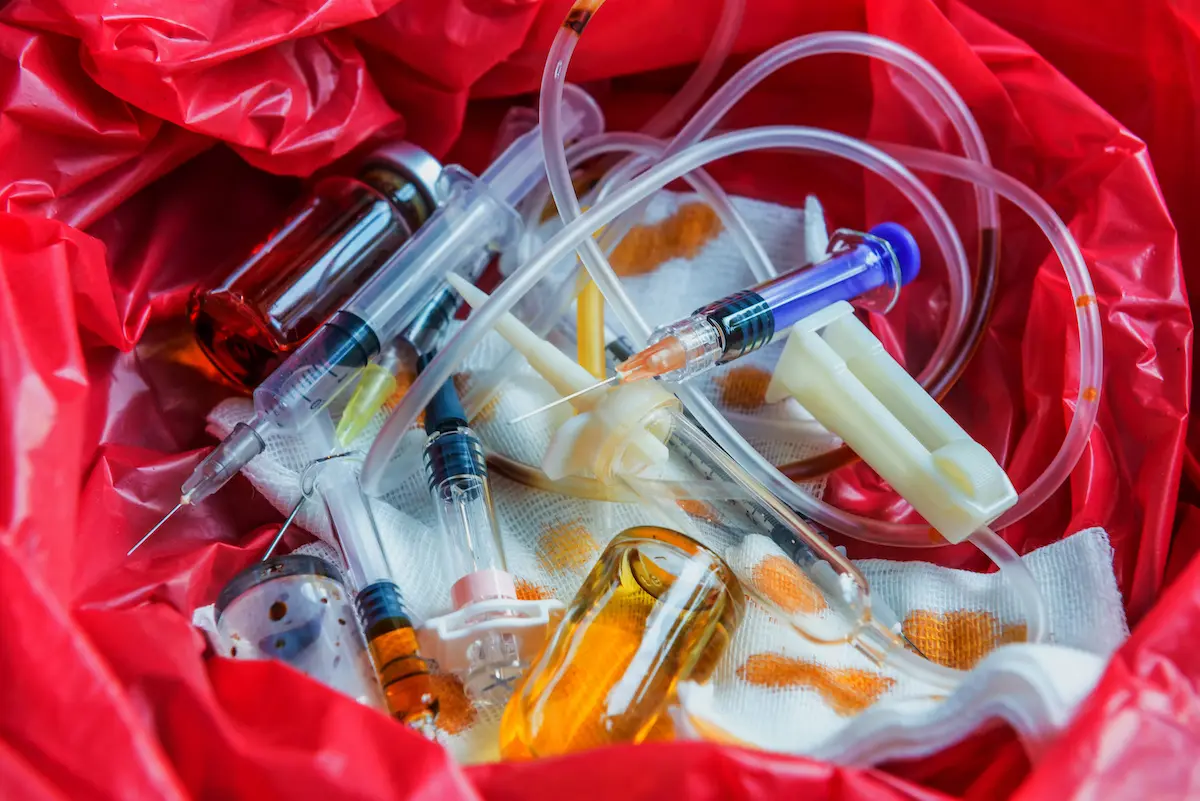
In conclusion
Now that you have a more comprehensive understanding of controlled substances and medical waste disposal, don’t hesitate to contact Secure Waste.
We provide reliable, compliant, eco-friendly medical waste disposal solutions for your facility’s needs. We have expertise in biomedical, hazardous waste, and Sharps container disposal. In addition, we provide customized waste management plans, including secure collection and transport, and sustainable disposal practices.
Contact us today for a FREE Waste Assessment, or request a quote online!
**Disclaimer** This information is provided for reference purposes only and should not be considered as legal advice or factual information at the time of your reading. Regulations frequently change and can vary from state to state. We encourage you to contact your local regulatory authorities or Secure Waste directly for the most current information. Please note that Secure Waste is not liable, in part or in whole, for any information contained on this page or website.
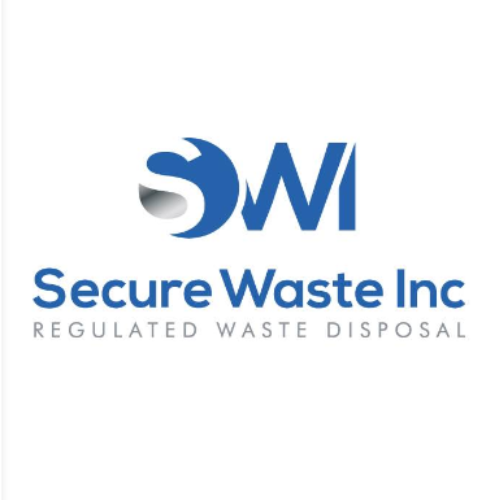
Expert Medical Waste Management: With over 25 years of industry experience, Secure Waste is a trusted local leader in hazardous and biohazardous waste disposal across Maryland, Virginia, and Washington, D.C. Specializing in medical waste management, sharps needle disposal, and biohazard waste removal, the company ensures full compliance with federal, state, and local regulations while prioritizing environmental sustainability.
The company also offers additional services, including secure document shredding and sharps container sales, providing comprehensive solutions for healthcare facilities and businesses. Our cost-effective services help clients maintain regulatory compliance without unexpected costs.
With a commitment to customer satisfaction, Secure Waste offers tailored waste management plans that align with industry best practices. Their team of experts provides reliable, timely, and compliant services, making them the preferred choice for medical waste disposal. For a free waste quote or more information, visit www.securewaste.net
